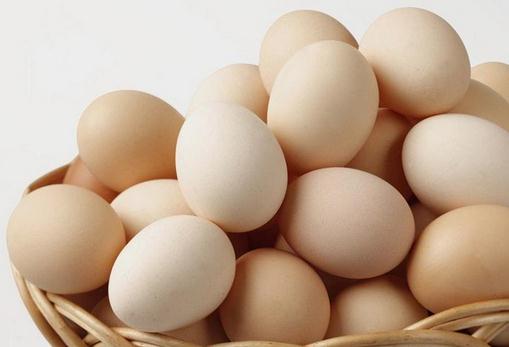Eating an egg a day may cut the risk of stroke by 12 percent, a new study funded by the American Egg Board said last Tuesday.
由美国鸡蛋委员会资助的一项最新研究上周二表示,每天食用一枚鸡蛋,可降低中风风险12%。
The findings were based on a systematic review and meta-analysis of studies dating back between 1982 and 2015, which evaluated relationships between egg intake and coronary heart disease (276,000 subjects) and stroke (308,000 subjects).
研究结果是基于对1982年至2015年研究的系统综述和综合分析,该研究评估了鸡蛋摄入与冠心病(276,000例受试者)、中风(308,000例受试者)之间的关系。
It found consumption of up to one egg per day had no association with coronary heart disease but there was a 12 percent reduction in the risk of stroke.
该研究发现,每天吃一个鸡蛋与冠心病没有关联,但是中风的风险则降低了12%。

Principal investigator Dominik Alexander of the US EpidStat Institute said that more work is needed to understand the connection between egg consumption and stroke risk.
美国EpidStat研究所的首席调查员多尼米克·亚历山大表示,他们需要做更多的研究,来了解吃鸡蛋和中风风险之间的联系。
However, "eggs do have many positive nutritional attributes, including antioxidants, which have been shown to reduce oxidative stress and inflammation," he said.
不过他也表示:“鸡蛋确实有很多积极的营养特性,包括已被证明可以减少氧化应激和炎症的抗氧化剂。”
"They are also an excellent source of protein, which has been related to lower blood pressure."
“它们也是蛋白质的一个很好的来源,这与降血压有关。”
One large egg boasts six grams of high-quality protein and antioxidants lutein and zeaxanthin, as well as vitamins E, D, and A, according to the study.
根据该研究显示,一个大的鸡蛋包含6克的高品质蛋白质,以及抗氧化剂叶黄素和玉米黄质,还有维生素E、D和A。













